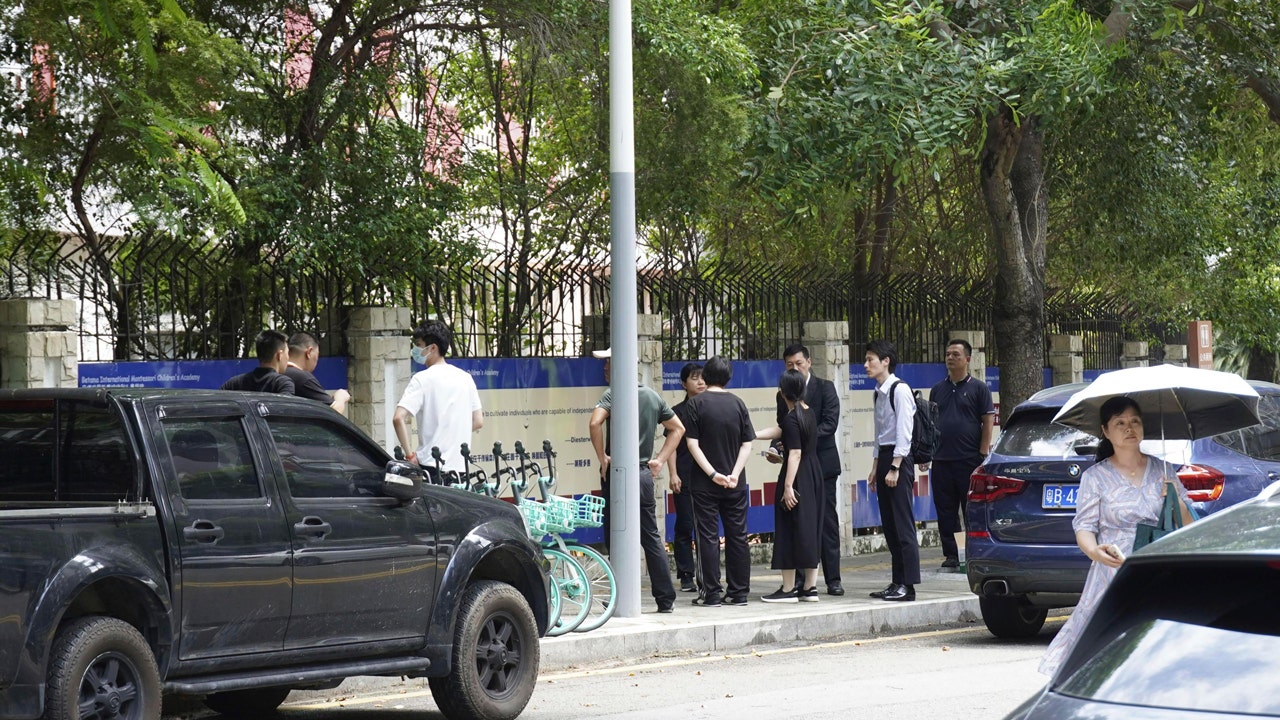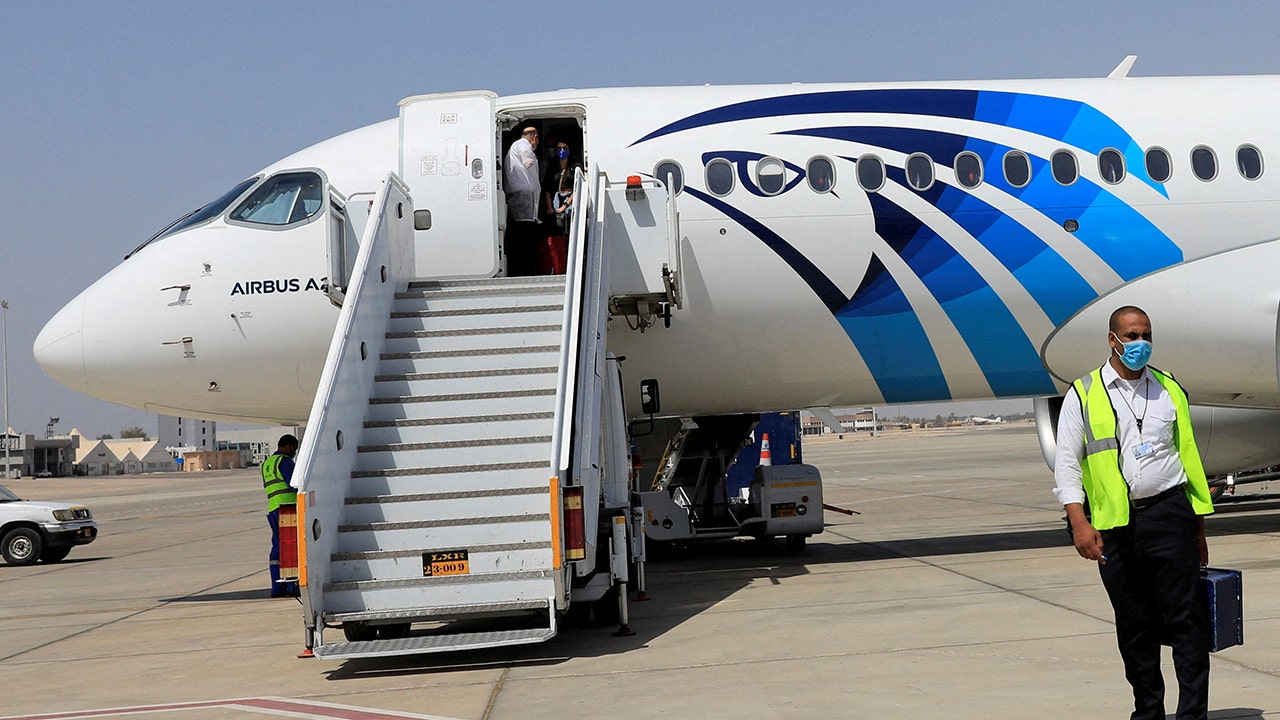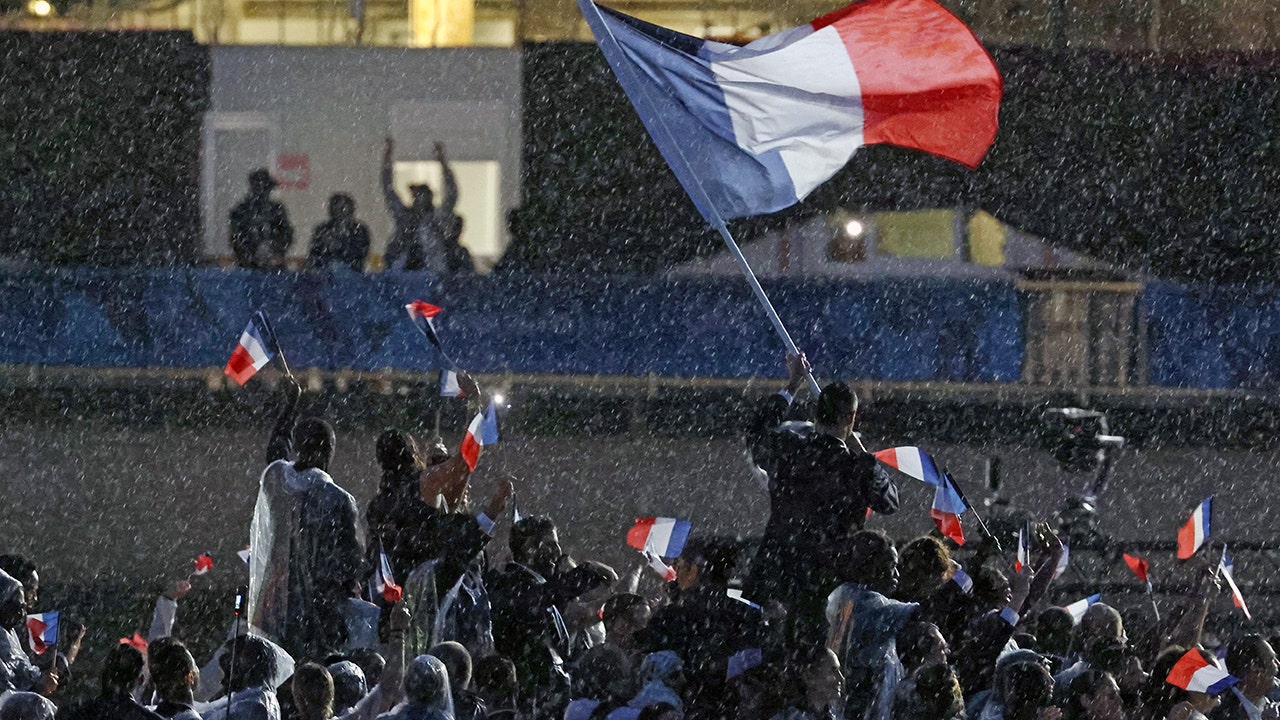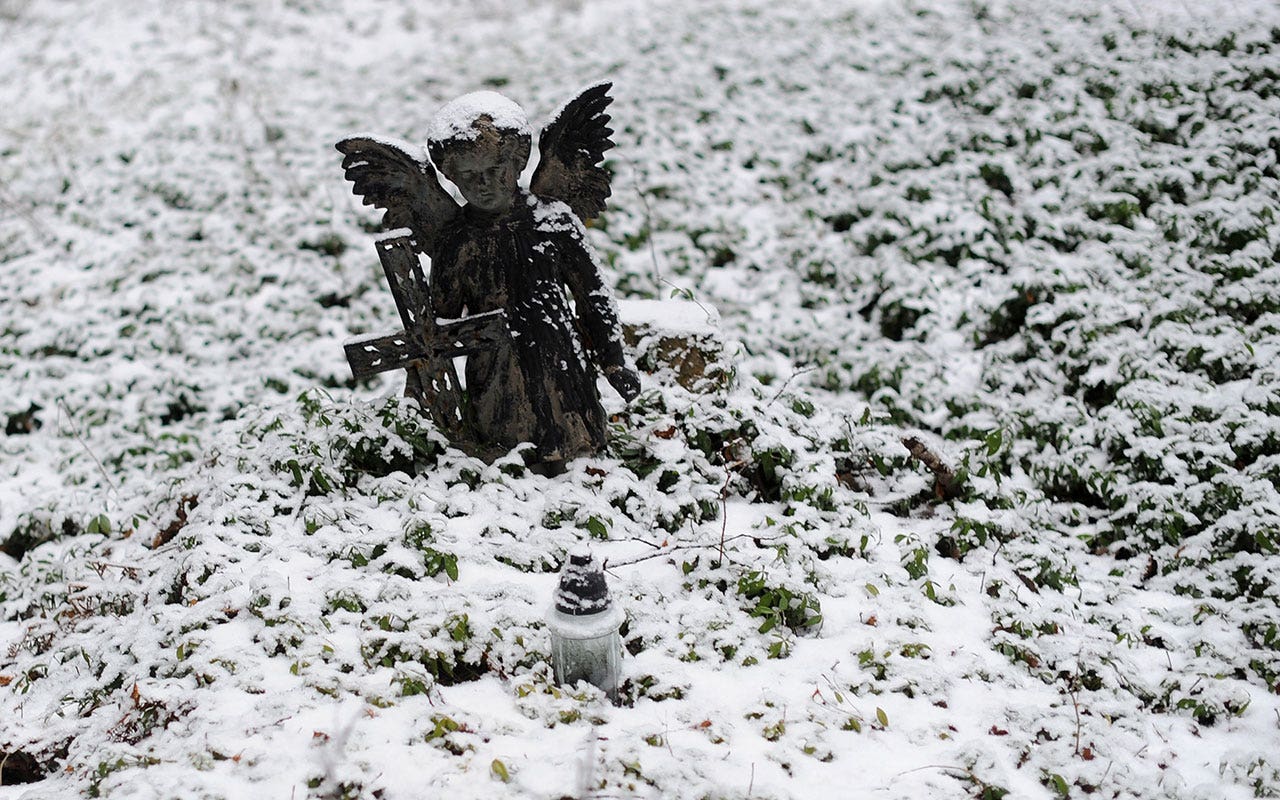A series of failures, including a breakdown in communication and violations of the rules of engagement, led to the deadly Israeli strikes that killed seven humanitarian aid workers in Gaza this week, senior Israeli military officials said on Friday.
The military officials said that the officers who ordered the strikes on the aid convoy had violated the army’s protocols in part because they had directed troops to open fire on the basis of insufficient and erroneous evidence that a passenger in one of the cars was armed.
“It’s a tragedy,” Rear Adm. Daniel Hagari, the Israeli military’s chief spokesman, told reporters in a briefing on Thursday night. “It’s a serious event that we’re responsible for, and it shouldn’t have happened.”
On Friday, the Israeli military announced that two officers — a colonel and a major — would be dismissed from their positions. Lt. Gen. Herzi Halevi, the Israeli military chief of staff, also decided to formally reprimand the head of Israel’s southern command, the military said in a statement.
“The strike on the aid vehicles is a grave mistake stemming from a serious failure due to a mistaken identification, errors in decision-making, and an attack contrary to the Standard Operating Procedures,” the statement noted.
Israeli forces, the military said, began striking the convoy, belonging to the relief group World Central Kitchen, at 10:09 p.m. on Monday as the cars made their way along Gaza’s coast.
Six foreign nationals and a Palestinian civilian were killed after Israeli forces struck the convoy. The roofs of the vehicles had been marked with the World Central Kitchen’s logo, and the group had received the military’s permission for its mission.
Despite those safeguards, a series of critical errors led the troops to open fire, according to the results of the military’s preliminary inquiry. Among the findings were that drone footage had not captured the organization’s logo in the dark; some officers did not review documentation showing that the convoy included civilian cars; and a drone operator had identified incorrectly an aid worker, who was most likely carrying a bag, as a member of an armed Palestinian group who was holding a gun.
The seven aid workers had arrived in northern Gaza earlier on Monday to help deliver more than 100 tons of food aid, according to World Central Kitchen. Their trucks left around 9 p.m and headed south for the group’s warehouse, according to the Israeli military.
Along the coastal road, the trucks met with cars who joined their convoy, according to the military. Shortly after, a gunman appeared to fire a single round from the roof of one of the trucks, according to Maj. Gen. Yoav Har-Even, a reserve officer who oversees the military’s investigations into potential cases of wartime misconduct. He was showing drone footage at the briefing. The New York Times could not independently verify the military’s video.
After all the vehicles reached the warehouse, only the cars left — three cars went south and one went north. The officers were convinced that the scene they had witnessed resembled previous attempts by Hamas militants to seize humanitarian aid in Gaza, the officials said.
Within four minutes, at least one Israeli drone struck each of the three vehicles in the convoy as they traveled south one behind the other, killing all seven passengers, the Israeli officials said.
Some aid workers in the vehicle that was first struck fled to the next vehicle for protection, the officials said. That vehicle was hit, too.
The soldiers’ decision to fire on the second and third car, assuming wrongly that they were also harboring militants, failed to meet the Israeli military’s open-fire protocols, the officials said.
“This was against the rules of engagement,” General Har-Even said.
A fundamental failure, the officials said, was that the drone operator and his commanding officers were unaware that the humanitarian convoy included not only the aid trucks but also several civilian cars.
The soldiers, uninformed that World Central Kitchen had received approval from the army for the cars, assumed that the additional vehicles were not part of the convoy and had been carrying armed Palestinian militants, the officials added.
Asked why the soldiers had been unaware, General Har-Even said that certain officers had not seen the coordination documentation. In reality, the cars were carrying the aid workers.
“No excuses,” Gen. Har-Even said, describing the communications mishap.
The aid workers’ deaths ignited a wave of international outrage, and Prime Minister Benjamin Netanyahu said Israel “deeply regrets the tragic incident.” But the stark admissions by the military renewed questions about whether Israeli forces on the ground in Gaza properly vet targets before unleashing deadly force.
Critics have said that the Israeli military has shown a disregard for Palestinian civilians in its campaign to root out Hamas, the militant group whose deadly attack on Oct. 7 killed 1,200 people in Israel, mostly civilians, according to Israeli officials.
Over 32,000 Palestinians, many of them women and children, have been killed since Israel began its blistering counterattack in Gaza, according to health officials there. The figures do not distinguish between civilians and combatants.
Asked whether the military was concerned that more cases of indiscriminate fire had occurred, Admiral Hagari said that the military took pains to protect Palestinian civilians.
World Central Kitchen, a charity founded by the celebrity chef José Andrés that has distributed millions of meals in Gaza since arriving in the enclave last month, called for an independent inquiry.
“An independent investigation is the only way to determine the truth of what happened, ensure transparency and accountability for those responsible and prevent future attacks on humanitarian aid workers,” the relief organization said in a statement before the Israeli officials held their news conference.
During a phone call with Mr. Netanyahu on Thursday, the White House said, President Biden described the attack on the aid convoy and the overall humanitarian situation in Gaza as “unacceptable.”
Mr. Biden threatened to condition future support for Israel on how it addresses his concerns about civilian casualties and the humanitarian crisis in Gaza, prompting Israel to commit to permitting more food and other supplies into the besieged enclave.






